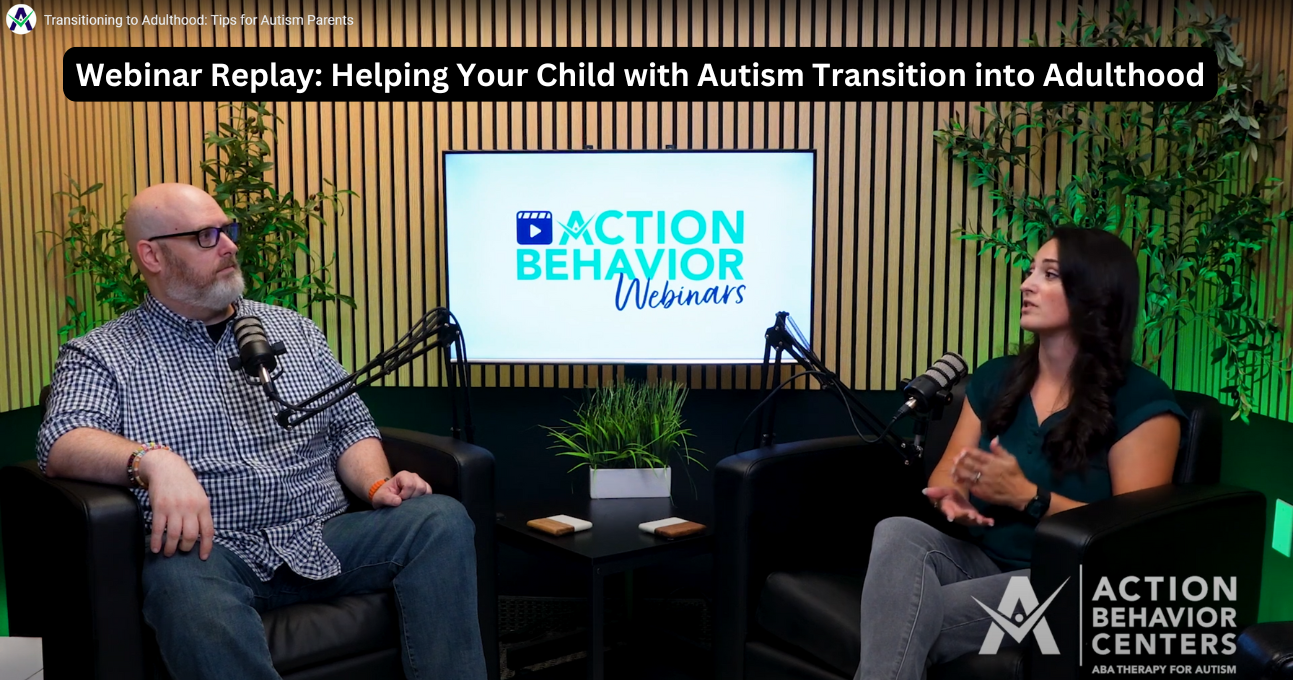How to Care for an Elderly Loved One with Autism
Caring for an elderly person with autism comes with unique challenges and considerations. Compassionate and effective strategies are essential to ensuring their well-being and quality of life. If you’re the primary caregiver of an autistic elderly loved one, this article can help you discover care solutions to empower your senior adult. Understanding Autism in Older Adults To provide quality care for your aging loved one, you must clearly understand autism and its impact on the elderly. Autism varies per individual, and as the severity increases, so should the level of care. Since autism is an incurable lifelong condition, it can significantly progress over time, especially if left unaddressed during early childhood. Learn the differences in symptoms and diagnosis of autistic senior adults compared to their younger counterparts. Autistic older adults often…








